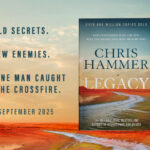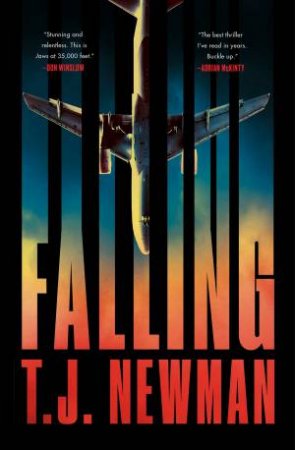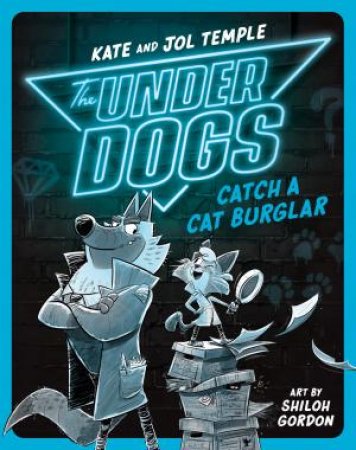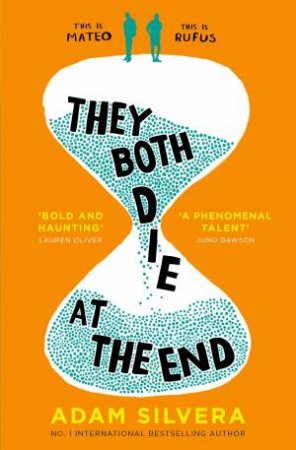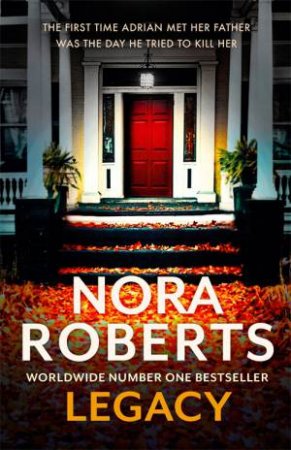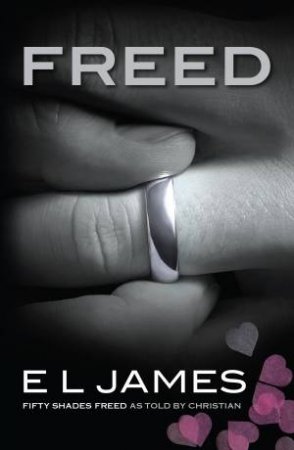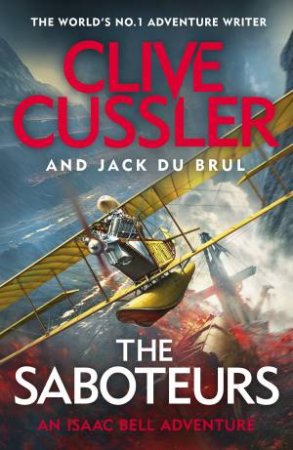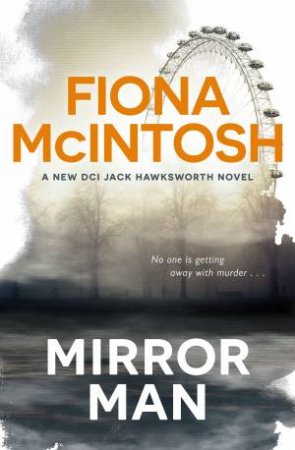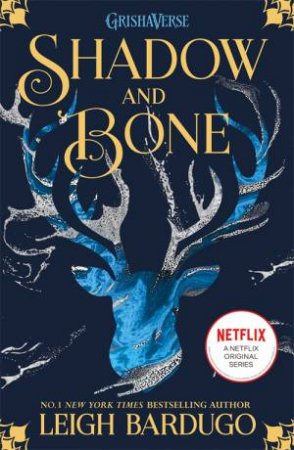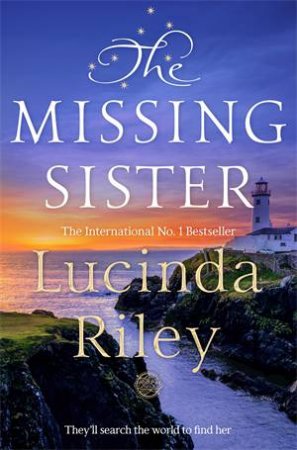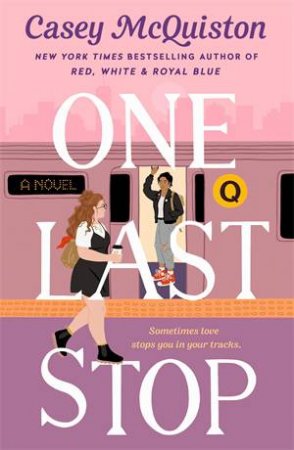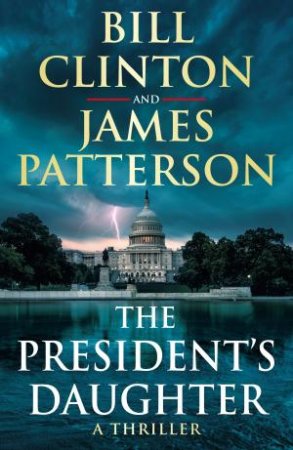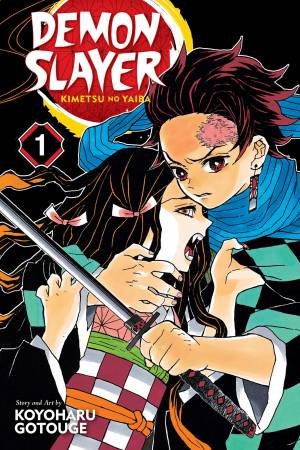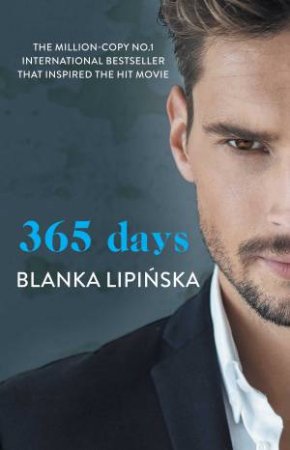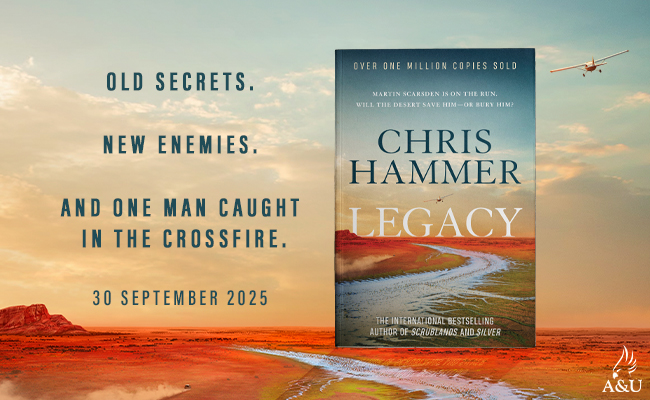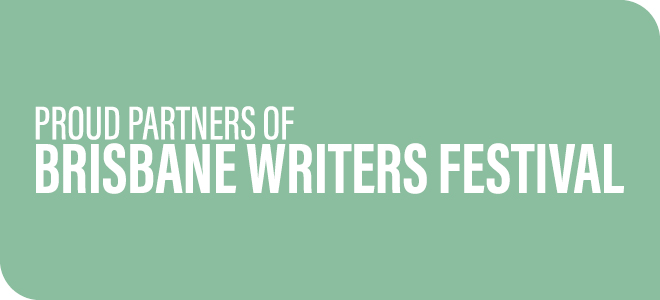
Tell us about your pathway to publication:
I’ve always wanted to write, but never had the courage to make a serious, committed effort. In early 2015 I finally decided to take the plunge, making a mental commitment to give writing five years. I would work six nights a week, for five years, after my day job was finished and the kids were in bed, and see if I could make something happen. If nothing at all happened in the five years that gave me even a glimmer of the possibility of publication, I would reassess.
The hardest part, looking back, was overcoming the self-doubt that I felt when I read my own early work. It’s so hard in the beginning to believe that you will get better. I think if I hadn’t had a story shortlisted in a competition (the Sisters in Crime Scarlett Stiletto) the self-doubt might have won. The short-listing gave me just enough confidence to push on and finish the novel.
I didn’t have any contacts in publishing at all, so I cold-queried agents by email. Everything you need to learn to write a solid query letter is available for free online (check out Query Shark, and Janet Reid’s blog for a great place to start). I mostly queried in the USA, possibly because most information available online about the querying process is American. I only queried one Australian agent. I was lucky enough to get three offers of representation in the end, two from the States and one from that single Australian agent. I couldn’t believe I was in that position! I am rep’d now by the fantastic Tara Wynne, (Curtis Brown Sydney) for my home territory of Australia, and Faye Bender (The Book Group New York) and Sheila Crowley (Curtis Brown London) for overseas rights.
When the book went on submission we ended up getting six offers of publication from incredible publishers, all within two weeks of submission. I still can’t quite believe that actually happened. The Rúin will be published in Australia, New Zealand, the United States and Canada, the United Kingdom, Ireland and Germany.
You emigrated to Australia in 2011. Did that move affect your writing?
Absolutely. I don’t think I would be a writer today, and I wouldn’t have a book deal if I had stayed in Ireland. I was a bit of a rule-follower, a people-pleaser, and deep down I think part of me was convinced that something couldn’t be considered work unless it was making me miserable. Moving to Australia gave me and my husband a chance to do things completely differently, and we took it. For me that meant working part-time, which allowed me just enough writing time to get somewhere.
 Tell us a little about The Ruin. What brought you to writing this book in particular?
Tell us a little about The Ruin. What brought you to writing this book in particular?
I heard Don Winslow being interviewed by Kate Evans recently. He was talking about his novel The Force, and he said that in writing The Force he didn’t set out to write a cop novel, he set out to write a New York cop book. That stuck with me. When I set out to write The Rúin it wasn’t in my mind to examine any particular social issue. I just wanted to write a great story. But the decision to set it in Ireland inevitably brought with it a whole context. I grew up with a great love of my country, and great pride in my nationality, but the reality is that the same country that gave me a happy, stable childhood allowed for institutionalised neglect and abuse of thousands of children over many decades. I’ve struggled to get my head around that, struggled to understand why good people allow terrible things to be done in their name. I think in a way that is a universal question, not just an Irish one. And in the novel I found myself coming back to that question, trying to find an answer to it. I think I understand it now, or at least I have my own theory about it, though I certainly didn’t find a solution.
What are your favourite crime books / authors?
I have so many, it’s hard to know where to start! Tana French is always a favourite. I love Sara Foster’s books – I loved Hidden Hours and now I have the joy of diving into her back list. A benefit of coming to a writer late! Some of my favourites are writers who have been at the top of their game for a long time – Michael Connelly, Ian Rankin, Val McDermid to name a few – and there are some newer writers I’m loving too. Fiona Barton’s The Widow was brilliant, as was Karen Dionne’s The Marsh King’s Daughter. But my absolute favourite last year was Don Winslow’s The Force.
What advice would you give aspiring writers?
If you’re a fiction writer, my advice is not to get distracted by online chatter, by platform-building or social media. Your craft has to come first, and if like most of us you are writing around a day job, your time is limited. Spend what time you have writing and reading fiction. Read books on the craft of writing and take from them what helps you, leaving the rest behind. Believe in your writing, believe it will get better. Set high standards for yourself. Keep going. You’ll get there.
Where to from here?
The Rúin is the first in a series. Cormac Reilly returns in the second book in the series, which I’m editing at the moment. That will be in bookshops in March 2019, and I’m absolutely delighted to say that Harper Collins have just signed me up to write the third in the series.
About Dervla McTiernan:
Dervla McTiernan was born in County Cork, Ireland to a family of seven. She studied corporate law at the National University of Ireland, Galway and the Law Society of Ireland, and practiced as a lawyer for twelve years. Following the global financial crisis she moved with her family to Western Australia, where she now works for the Mental Health commission. In 2015 she submitted a story for the Sisters in Crime Scarlet Stiletto competition and was shortlisted. This inspired her to complete the novel that would become The Rúin. She lives in Perth with her husband and two children.


